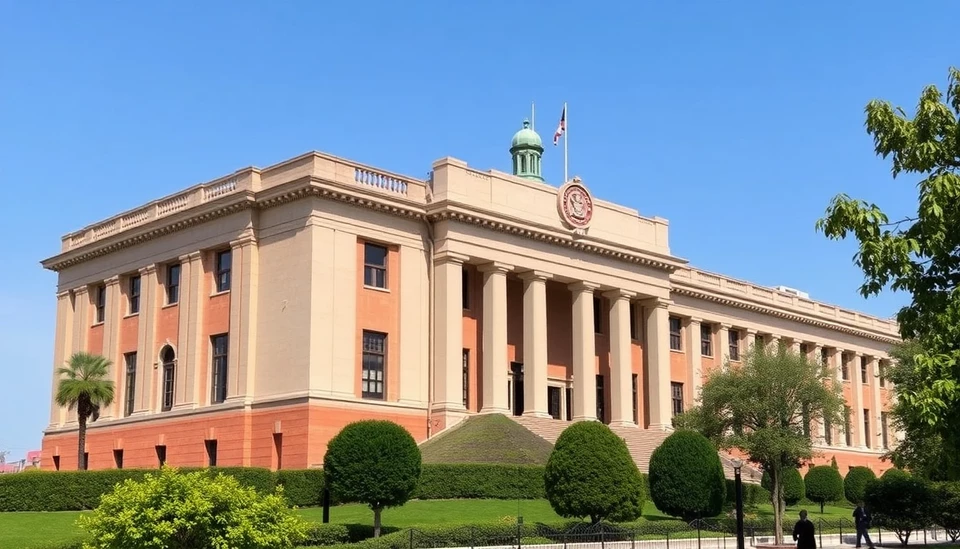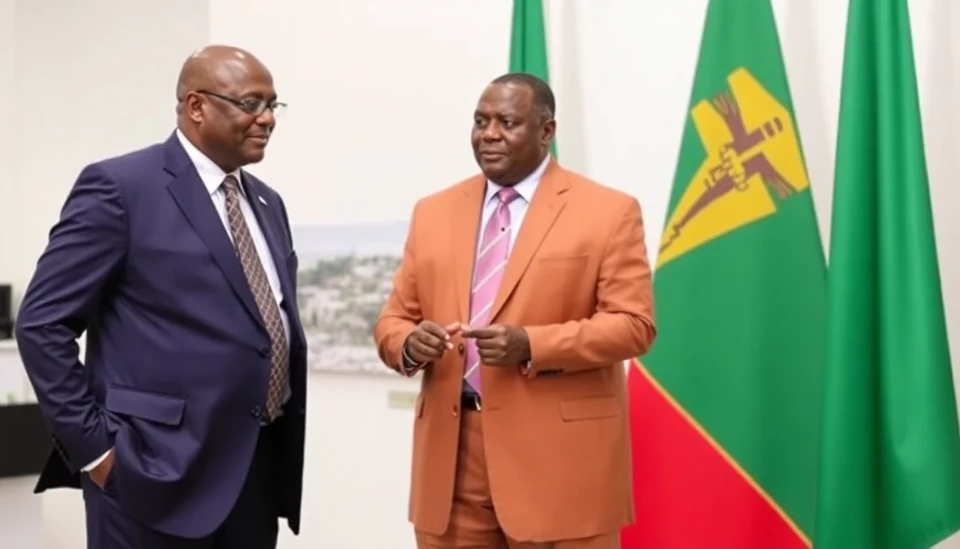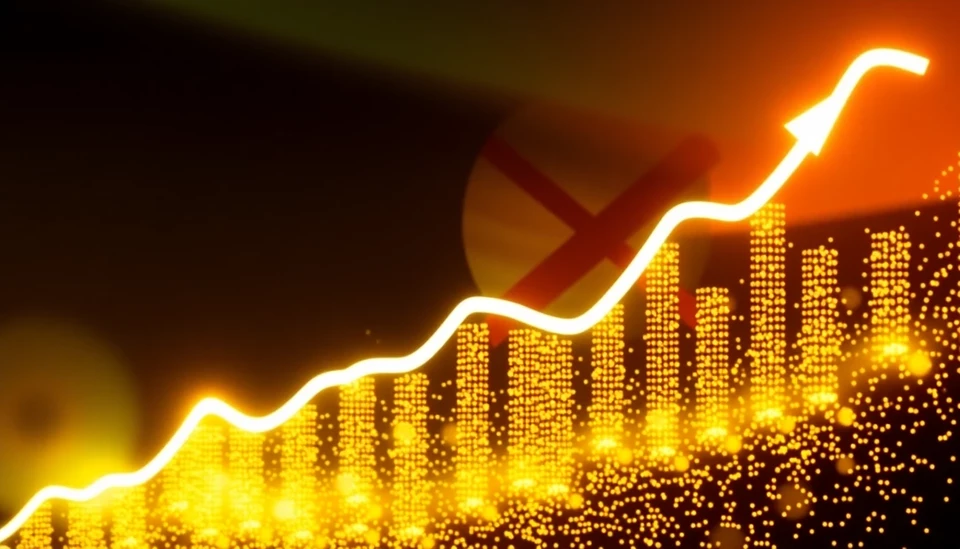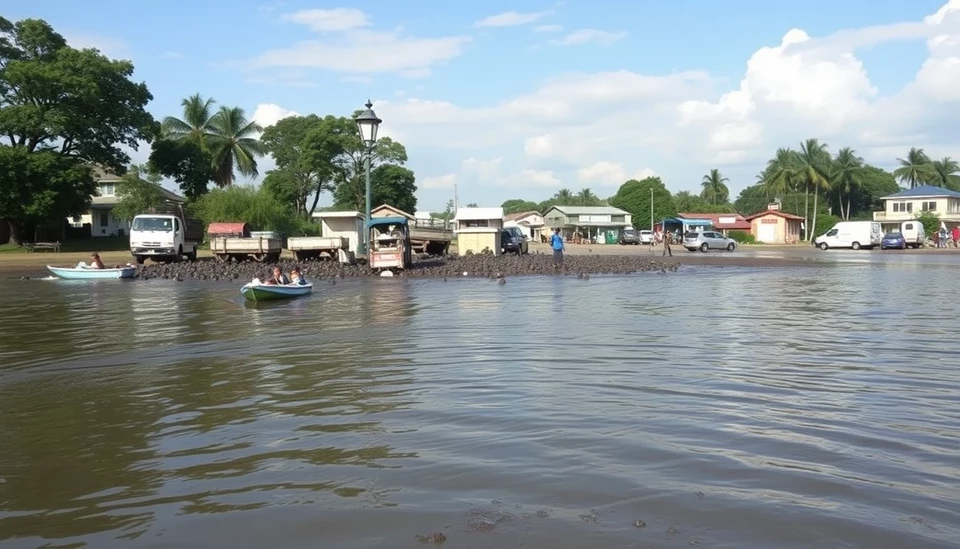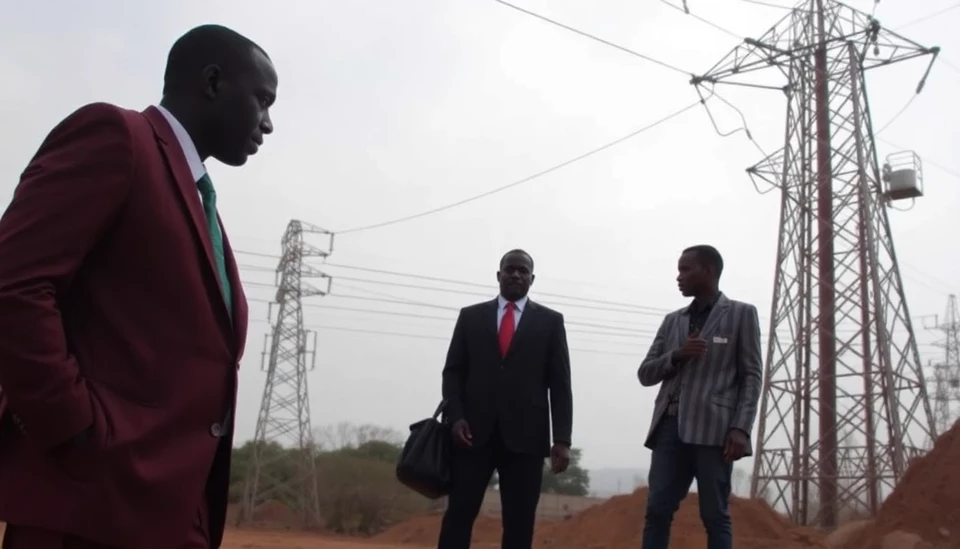
Zambia's economic landscape is experiencing significant upheaval as the nation confronts a sharp rise in inflation, largely attributed to the recent increase in electricity tariffs. This decision, announced by the Energy Regulation Board, has jolted prices across the board, resulting in an inflation rate that has surged well beyond estimates.
According to reports, electricity tariffs have soared by an astounding 115%. This drastic increase is aimed at addressing ongoing financial challenges within the Zambian power sector. However, it has had an immediate and dire impact on consumers, businesses, and the overall economy. The recent spike in prices is not merely limited to electricity; it has permeated various sectors, leading to a more complex economic situation.
As the country grapples with these challenges, the inflation rate, which reached 35.6% in November, poses a serious concern for policymakers and citizens alike. This figure is a stark rise from previous months, indicating that the cost of living is climbing rapidly, and many Zambians are feeling the squeeze as basic goods and services become increasingly unaffordable.
The government’s rationale for the tariff hike revolves around the necessity for budgetary adjustments aimed at stabilizing the power supply and improving the financial sustainability of the energy sector. However, critics argue that this move could exacerbate the plight of ordinary citizens who are already struggling with the escalating cost of essential commodities.
Moreover, the ramifications of the tariff hike extend beyond immediate consumer costs. Businesses, especially those reliant on consistent and affordable energy, are facing tough decisions. Many are forced to either absorb the costs, risking profit margins, or pass them along to consumers, which could further inflate prices. Consequently, this situation raises fears of an economic slowdown as spending power dwindles.
In response to the growing public outcry, government officials have emphasized that the measures are designed to ensure long-term stability and investment in the energy infrastructure. However, the visible impact of inflation on the day-to-day lives of Zambians has sparked debates about the balance between necessary economic policies and the welfare of the populace.
As Zambia navigates through this tumultuous economic period, it remains to be seen how policymakers will address these challenges moving forward. Whether the tariff adjustments will yield the intended stabilizing effects without further aggravating the inflation crisis is a question that looms large over the nation.
In summary, Zambia is at a critical juncture facing rising inflation rates that are directly intertwined with increased power tariffs. The situation calls for careful consideration and innovative solutions to safeguard the economic wellbeing of its citizens while ensuring the sustainability of its energy sector.
#Zambia #Inflation #PowerTariffs #EconomicCrisis #EnergyRegulationBoard #CostOfLiving #ZambianEconomy
Author: Rachel Greene
